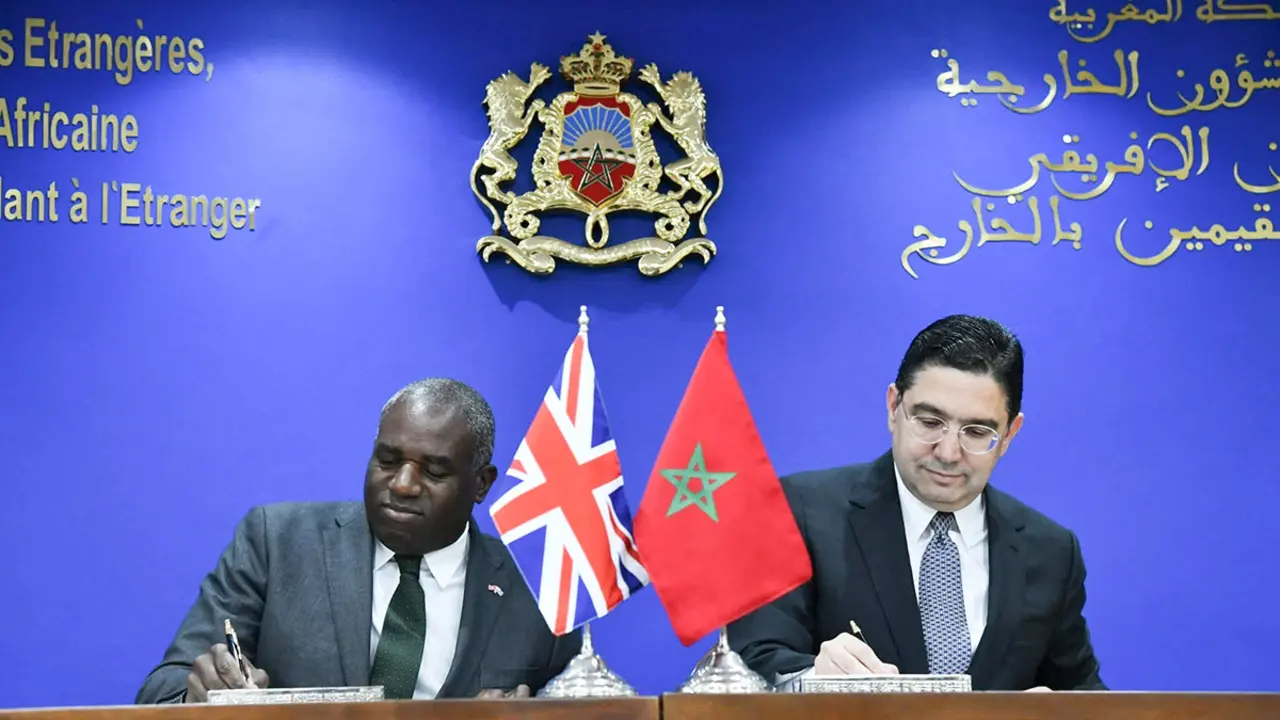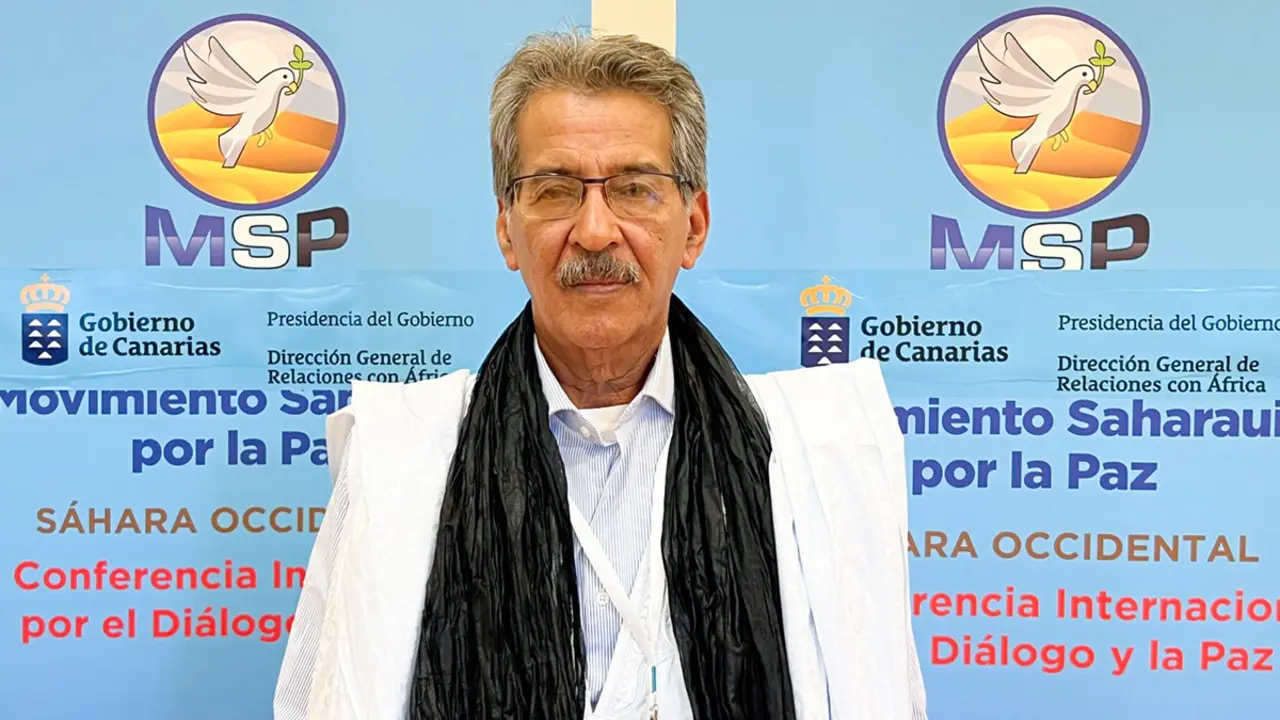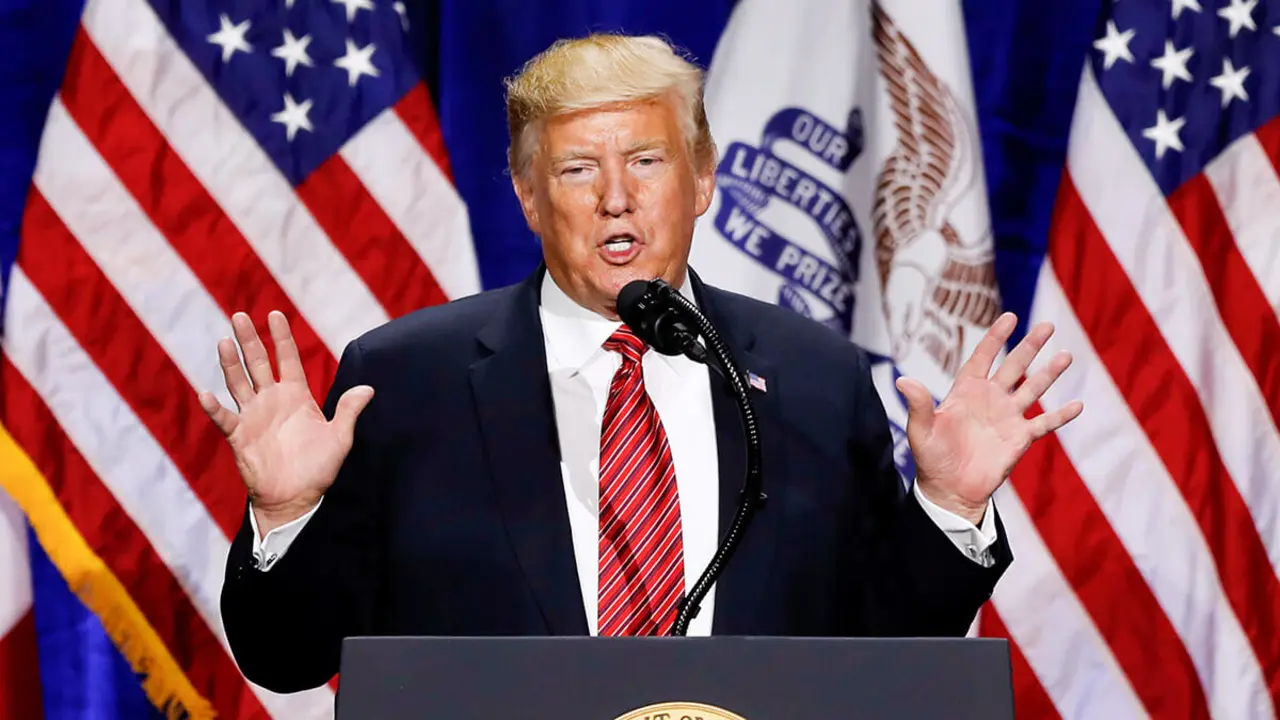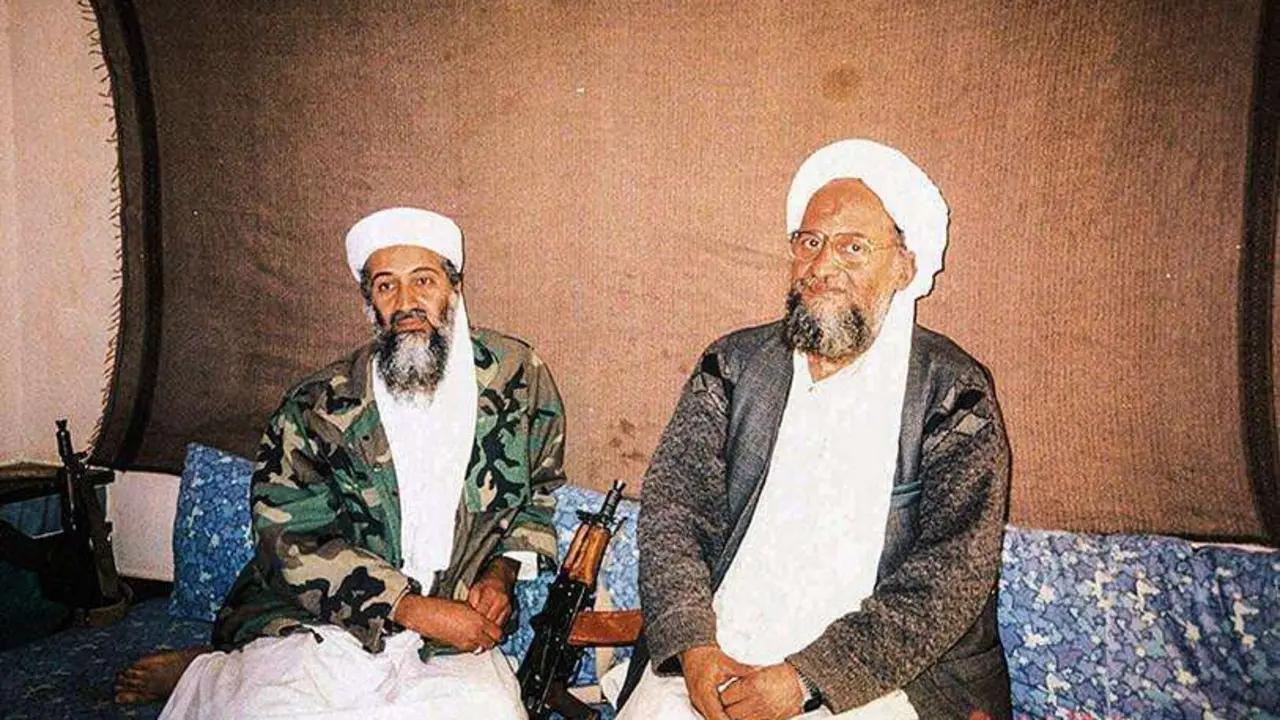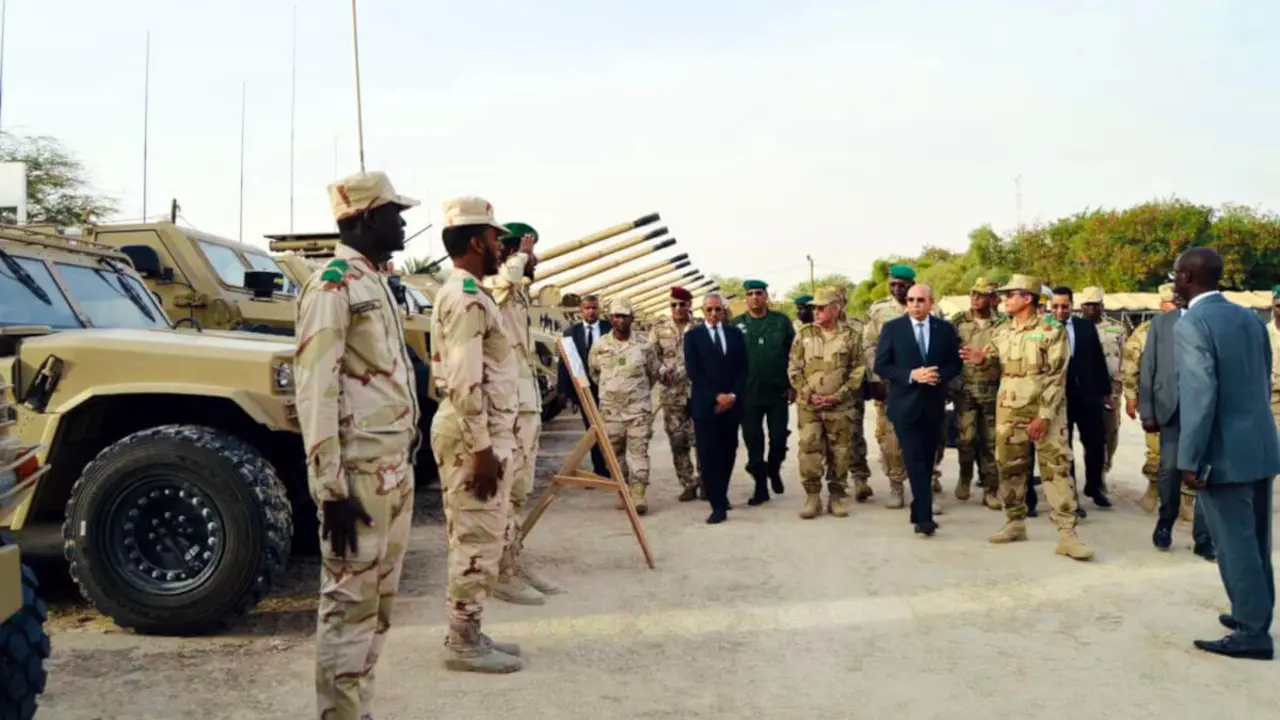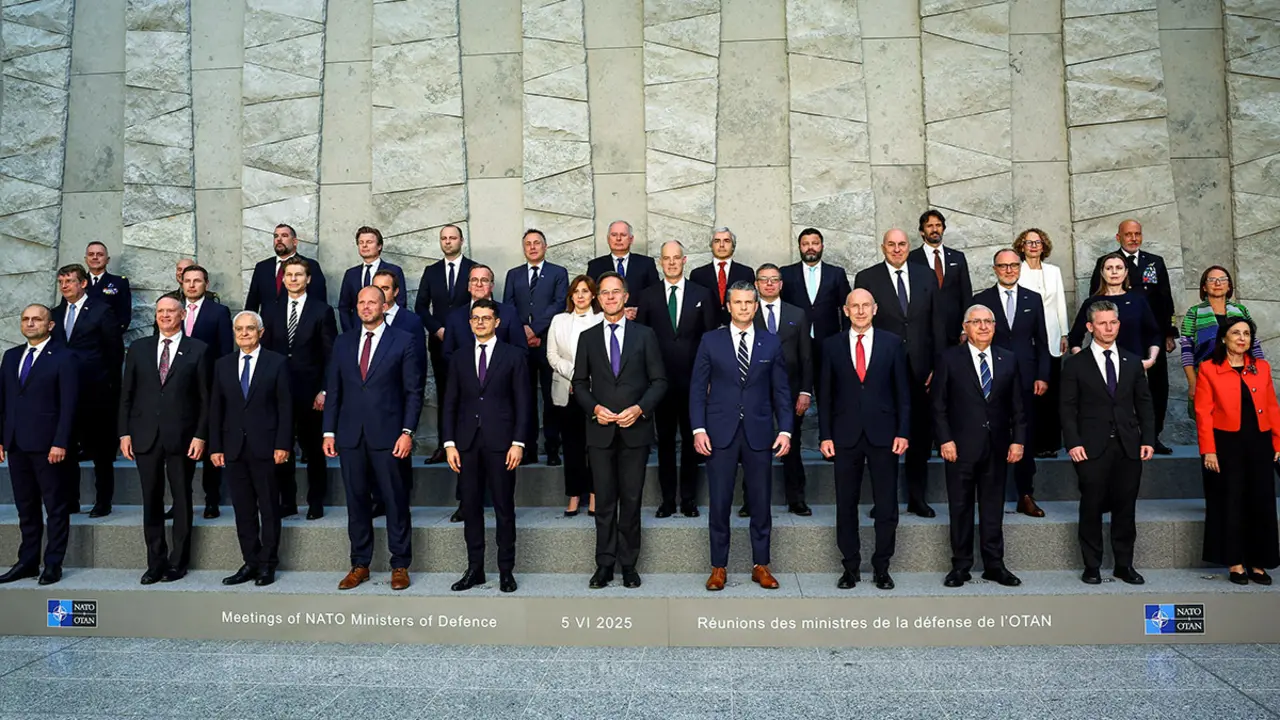Saudi Arabia will strengthen ties with Gulf countries in view of possible new Arab Spring
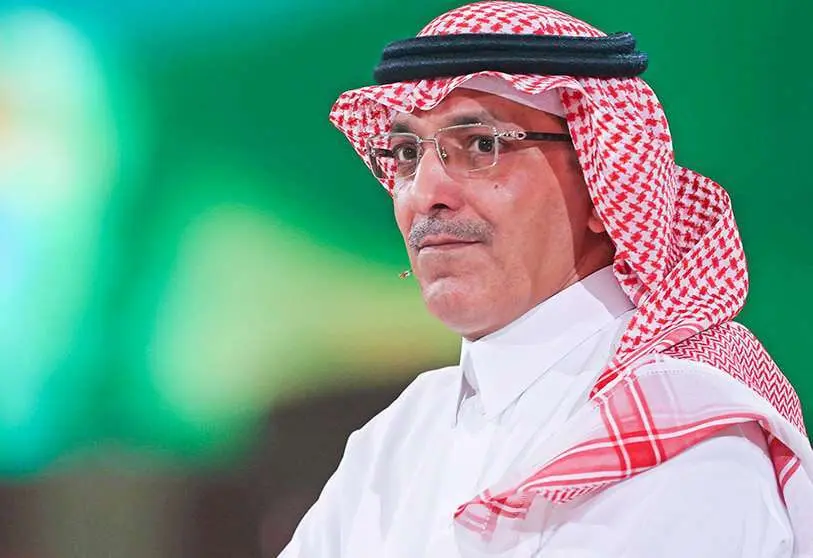
Saudi Arabia's Finance Minister Mohammad al-Jadaan said that Gulf countries will face difficulties for some time and need help. Al-Jadaan added: "It is difficult to predict what is happening globally, but because of the war between Russia and Ukraine, it will be difficult. We must try to strengthen cooperation and synergy in order to achieve stability". He also noted that one of the biggest challenges facing countries is high indebtedness, and that we are "working with international agencies to mobilise support for countries in the region". Six companies will invest up to $24 billion in infrastructure, real estate, mining, health care, food and agriculture, manufacturing and technology, the fund said.
Gulf backers say Saudi Arabia is considering such aid because its officials believe the global crisis could be on a scale similar to the regional and international crisis that sparked the "Arab Spring" that was further exacerbated by difficult economic conditions, in Tunisia, Egypt and other countries. While countries such as Jordan and Morocco struggled to overcome it, in countries such as Yemen, Libya and Syria the fuse of war and insurgencies by the population against their governments was lit.
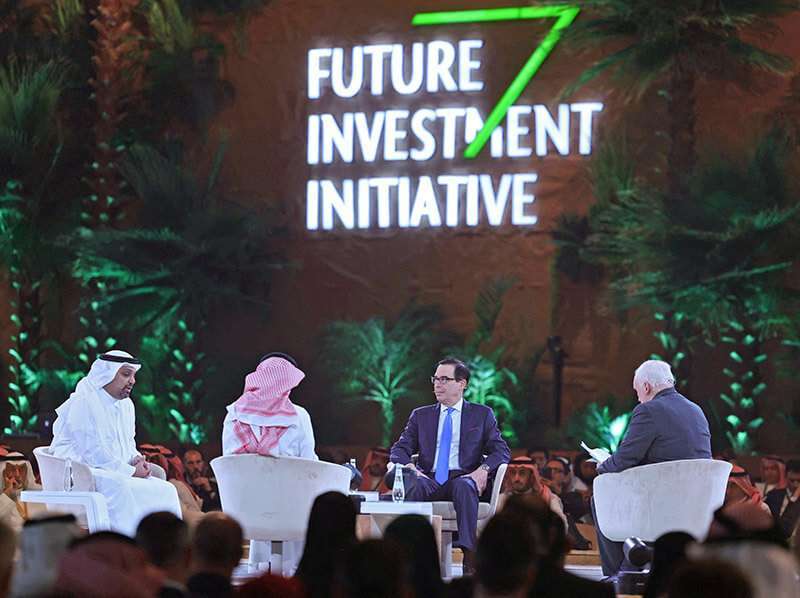
These observers believe that the Saudi leadership understands that any 'new spring' will have serious consequences for the countries in question and could turn into a violent revolution with unpredictable regional consequences even in stable and wealthy countries, especially given the existence of social networks. The ability to popularise slogans has created an atmosphere for a massive resurgence of extremist ideologies; in particular, countries in the region have begun to fight these ideologies by focusing on security without destroying their own ideologies and pre-established religions, beliefs and denominations.
Many Arab countries are suffering from a severe economic crisis as they have limited access to financial and investment support to help them limit the impact of the crisis. To this end, the IMF has imposed strict conditions for their bailout, such as calling for the removal of subsidies. On commodities, he warns of the possible emergence of new waves of violent protests amid the remnants of the global food crisis due to the resulting commodity shortages and rising prices.
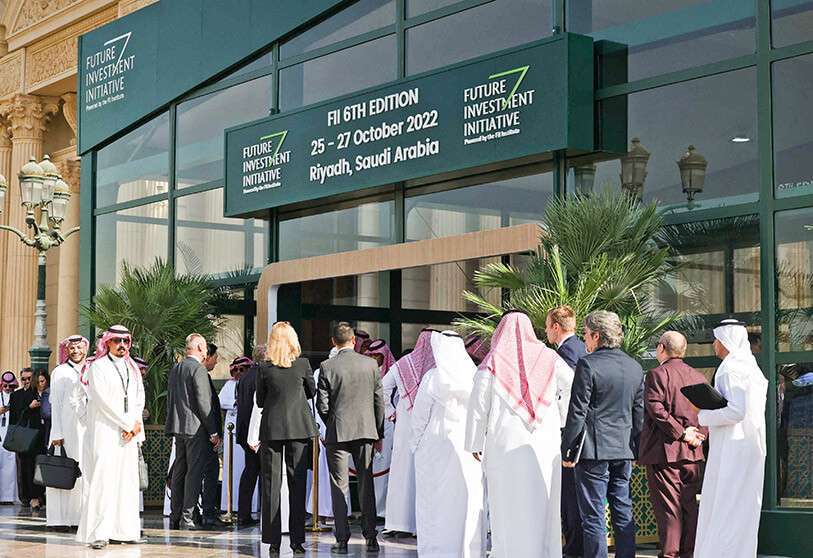
If Al-Jadaan does not announce how to turn this proposal into a tangible Saudi initiative, observers say the situation will force Gulf states (and not just Saudi Arabia) to step up what is happening in the region to avoid a relapse. The chaos and extremist ideology capitalising on this situation is once again a threat to regional security.
Observers believe that the idea of an investment partnership is important and necessary as a form of sustainable assistance, but some countries need urgent and valuable help to limit the social and economic consequences of their crisis, which can be mutually beneficial. Gulf states have embraced investment as a more efficient and viable way to help struggling countries ensure a positive impact on their citizens after previous aid failed, as in Egypt, Sudan, Lebanon and Jordan.
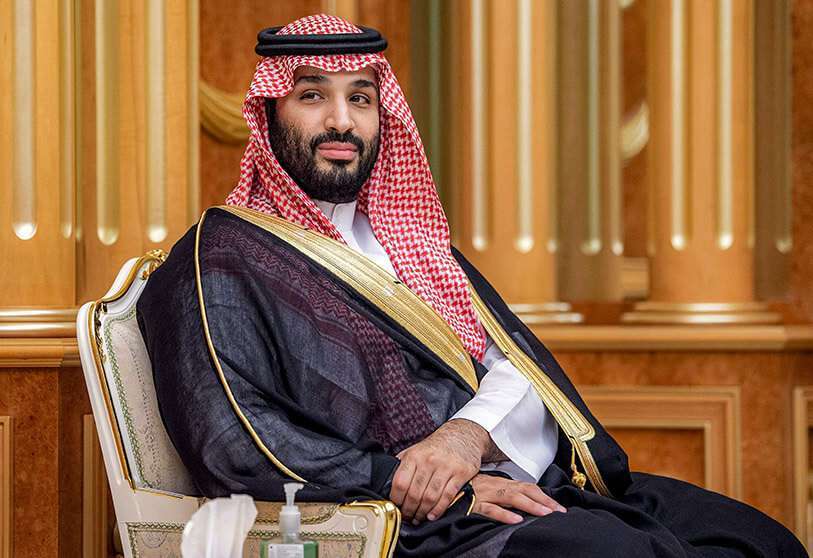
But experts believe that Gulf states can find mechanisms to monitor countries in need. Saudi Arabia and other Gulf states have pledged to invest billions of dollars in Egypt, whose economic problems have worsened since the war in Ukraine. The establishment of the five new companies "will work to develop and strengthen the investment partnership between the Public Investment Fund and the Saudi private sector to access many investment opportunities in the region and develop cooperative partnerships," the Saudi Arabian Public Investment Fund said.
The fund added that the move is in line with its "strategy to find new investment opportunities in the Middle East and North Africa and meet the goals of Vision 2030". The fund, the vehicle of choice for Crown Prince Mohammed bin Salman as he moves forward with his ambitious economic agenda to shift the economy away from oil, was the second most active public investor in the January-October period, with $17.2bn of investment. Thirty-nine transactions were completed during the period, according to the global mutual fund tracking platform.

